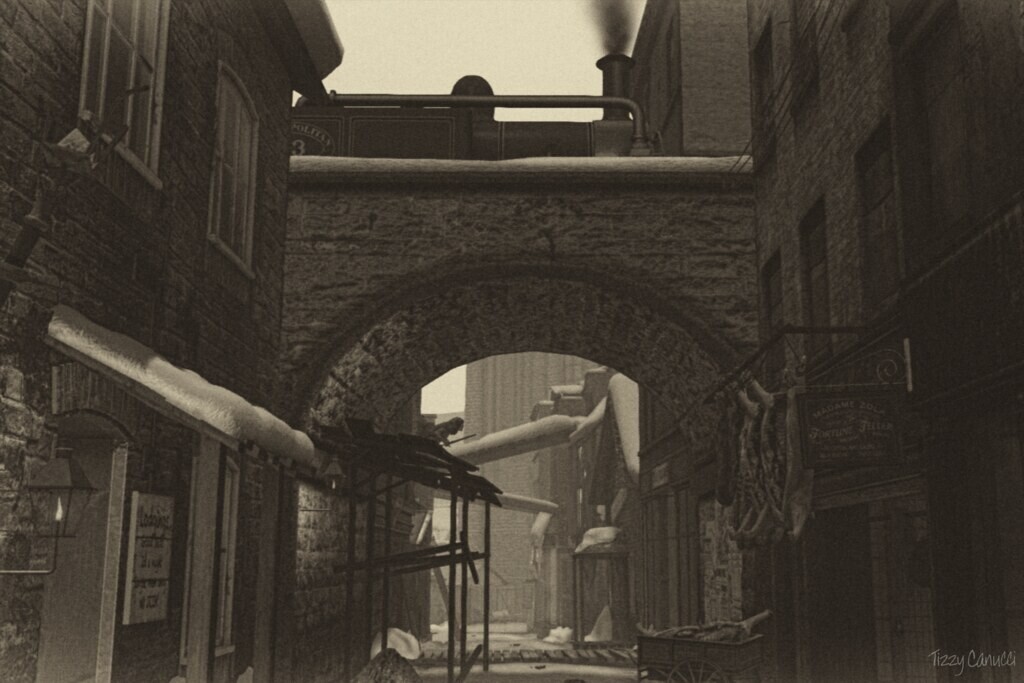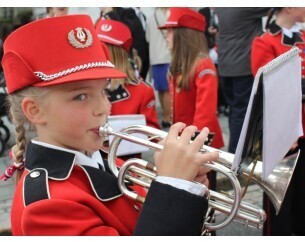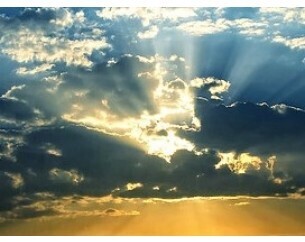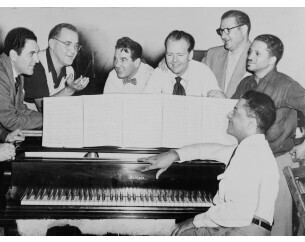Results
-
 £33.00
£33.00Through the Darkened Streets
Through the Darkened Streets was written as part of Foden's Band's programme for the 2021 Brass in Concert Championships. Jack the Ripper, The Monster of Whitechapel who terrorised London with a series of unspeakably brutal murders provides the central focus in Through the Darkened Streets ....
In Stock: Estimated dispatch 1-3 working days
-
 £42.00
£42.00Fanfare for the Future
Fanfare for the Future was commissioned by the organisers of the annual Madhurst Brass Festival 2012 to open the final concert. The title pays homage to the James Watson Memorial Fund, the choice charity of the event, which gives opportunities to young brass players. The piece opens with an epic...
In Stock: Estimated dispatch 1-3 working days
-
 £48.00
£48.00Thy Tribute Bring
Thy Tribute Bring is a fantasy based on themes from John Goss's 1869 hymn Praise my Soul the King of Heaven and was written as the finale for Foden's 2018 Brass in Concert programme. The opening three-note 'Praise my Soul' motif in horns and tubular bells leads to the initial presentation of the...
In Stock: Estimated dispatch 1-3 working days
-
 £33.00
£33.00The King of Swing
Benny Goodman was an American jazz clarinettist and bandleader known as The King of Swing . Composed for Foden's Brass in Concert performance in 2018, that year marked the 80th anniversary of Benny Goodman's legendary debut at New York's Carnegie Hall. In the country's most hallowed classical...
In Stock: Estimated dispatch 1-3 working days
-
£90.00
Red Prince Ouverture - Geert Jan Kroon
Red Prince Ouverture is an opening piece based on material from Red Prince. This fast-paced opener is a good way to start your concert. Engage your audience from the first chord and take them on a journey and make them hungry for more music.
-
£50.00
Sing Praise - Geert Jan Kroon
Sing praise is an upbeat opener or concert piece that is based on the Old Hundredth. It was a commission by Flevo Brass Emmeloord to praise the conductor/teacher Klaas de Jong. I know Klaas as a high-spirited teacher who always devotes his time to guiding young players and developing music ensembles by investing in youth bands and music education. The title is a reference to the hymn tune Old Hundredth and a message to ensembles to sing praise to teachers and youth.
-
 £30.95
£30.95ACADEMIC FESTIVAL FANFARE - (AKADEMISCHE FESTFANFARE)
This cornet and trombone featurewas written to celebrate the re-opening of the Preuenflgel at the FolkwangHochschule in Essen, Germany on the 27th April 2005.Premiered by theFolkwang Brass Band, conducted by Heinrich Schmidt and recorded by theBlack Dyke Band at the European Championships Gala Concert in Belfast 2006.
Estimated dispatch 3-5 working days
-
 £32.95
£32.95A CAROL FANTASY - Peter Graham
Written for the brilliant Welshbaritone Bryn Terfel's Christmas Television Spectacular, this arrangement can beplayed as a concert item or for audience and band. Includes Silent Night,Away in a Manger, O little Town, Joy to the World, O come all ye faithfuland others. Playable by all grades, contains carol sheet (with permission tophotocopy inclusive.)
Estimated dispatch 3-5 working days
-
 £74.95
£74.95HARRISON'S DREAM - Peter Graham
Additional Score: 29.95(Version for Concert Bandavailable from Warner Bros.)
Estimated dispatch 3-5 working days
-
 £29.95
£29.95RONDEAU - Mouret arr. Graham
From Mouret's Symphonie des Fanfares, an ideal concert opener.
Estimated dispatch 3-5 working days
